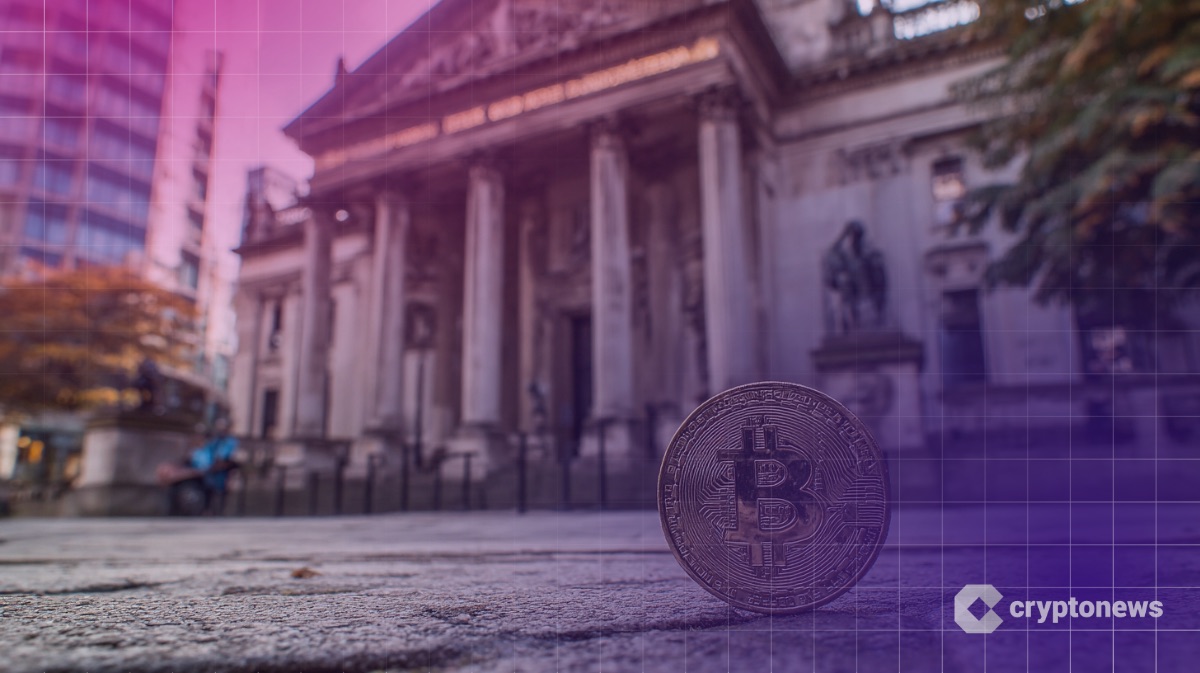Bitcoin breaks above $122K all-time high as market shrugs off Trump tariff threats — but for how long?
Bitcoin set a fresh all-time high of $122,205 in early Asian trading hours on July 14 despite Donald Trump’s latest push for tariffs on EU and Mexico.
The rally continues the asset’s historic year, with demand fueled by institutional flows and an increasing wave of corporate treasury allocations. According to Bitwise’s Q2 2025 data, 159,107 Bitcoin (BTC) was added to the balance sheets of 46 newly listed public companies.
Spot Bitcoin exchange-traded funds managed by firms like BlackRock and Fidelity have also seen strong inflows. A weaker U.S. dollar has added to the momentum, with the Dollar Index now sitting more than six points below its 200-day moving average.
Recent developments in U.S. policy have also supported the positive trend. The Senate passed a stablecoin regulation bill in June, and lawmakers have revived discussions around creating a Strategic Bitcoin Reserve. These steps have increased confidence among large investors.
Yet this week’s rally has occurred against a complex global economic backdrop. On July 13, President Donald Trump announced plans to impose 30% tariffs on imports from Mexico and the European Union, two of America’s largest trading partners. Both regions are preparing to respond.
The European Commission says it will adopt countermeasures by early August if no deal is reached. In letters shared on Truth Social, Trump argued that the U.S. needs more “balanced and fair” trade deals, while EU leaders warned of potential damage to both economies.
Historically, such trade tensions have rattled the cryptocurrency market, but Bitcoin has remained largely unshaken so far. With over $2 billion in new capital moving into digital assets this month alone, traders appear more focused on on-chain flows and ETF data than headlines from Brussels or Washington.
However, upcoming U.S. inflation data could shift that focus. On Wednesday, 16 July, the Bureau of Labor Statistics will release June consumer price index data. Economists expect core inflation to rise by 0.3%, pushing the annual rate to 2.9%. If confirmed, it might cause challenges for risky assets like Bitcoin and postpone Federal Reserve interest rate reductions.
Investors will be closely monitoring whether tighter monetary policy slows the momentum of Bitcoin’s rally, even though it has held strong.
You May Also Like

GM Vietnam 2025: SSID and Kyros Ventures to host Vietnam Blockchain Week in Hanoi to build Southeast Asia’s Web3 super hub

The CPC Central Committee: Improve the rules for hearing financial disputes in emerging fields such as digital currency and mobile payment
